In the past few years, there has been a growing movement of solidarity with Indigenous struggles. From the rail blockades in 2020 to the toppling of colonial statues, there has been a historical turning point in the sentiment of the Canadian working class towards the Indigenous struggle. Faced with the pressure of a united class struggle against oppression, the capitalist politicians have offered a National Day of Truth and Reconciliation as a concession. But reconciliation is impossible so long as Canadian capitalism continues to oppress Indigenous people.
Today, Fightback is resharing some of our key analysis of the historical and current oppression of Indigenous people in Canada, and how it can be overcome through class struggle.
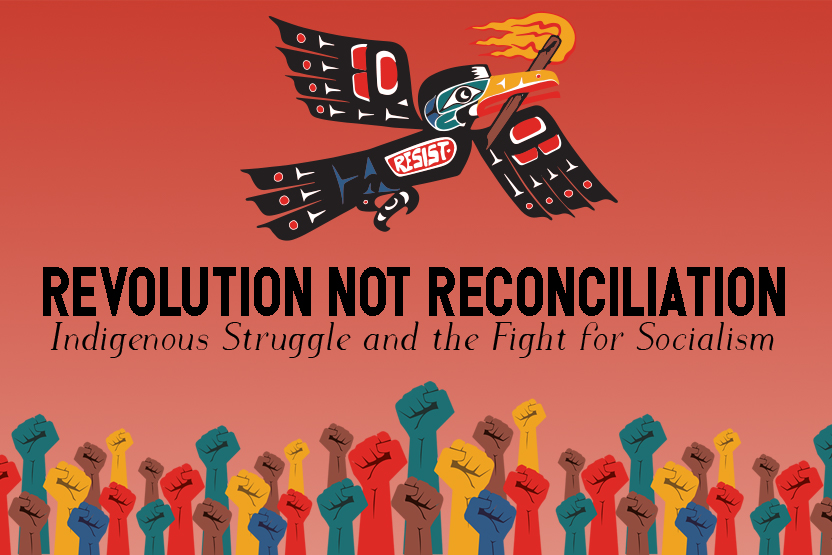
Indigenous Struggle and the Fight for Socialism: Revolution, Not Reconciliation!
This document is the product of over 20 years of study and participation in the fight of Indigenous peoples against Canadian capitalism. Over the years, we have learned from real-world struggle, and have detailed these experiences on the www.marxist.ca website. Revolution not Reconciliation encompasses the accumulated conclusions of the supporters of the International Marxist Tendency, Indigenous and non, applying Marxist theory to the movement on the ground. This process culminated in the 2019 Fightback/La Riposte Socialiste congress, where a draft version of the document was discussed, amended, and adopted, as the official position of the IMT. Here we detail a revolutionary Marxist analysis of the origin of Indigenous oppression, in opposition to the liberal/reformist hypocrisy of “reconciliation”, and the trap of identity politics and postcolonial theory, pushed by comfortable academics. The conclusions of this work have never been more timely, given the recurring explosions of Indigenous struggle in 2020. Only through mass revolutionary struggle against capitalism can all the oppressed be genuinely liberated. We appeal to all to study these lessons, discuss the conclusions, and unite with us in struggle. Read here
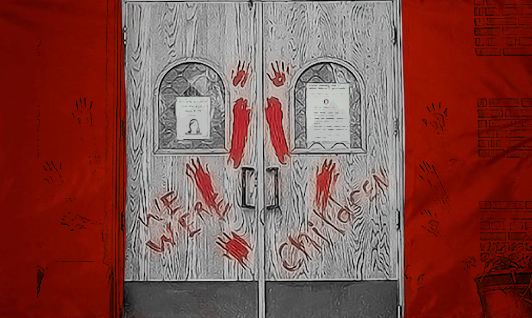
To really cancel Canada Day capitalism must be overthrown
The grisly discovery of unmarked graves at the sites of former residential schools is bringing home the brutal reality of the genocide of Indigenous people for many across the country. As a result, we are witnessing a broad debate and a significant change in views on Canada’s colonial past and present. Read here
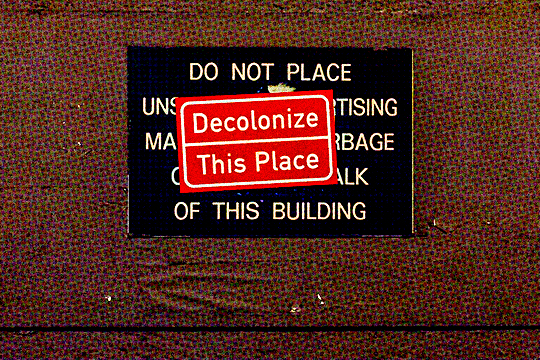
‘Decolonization’ doesn’t mean anything
“Decolonization” has become a word that is often cited as a key task for the left. Subsequently, it has been applied to almost every activity imaginable. Countless guides have been written about the need to decolonize your: mind, space, corporate board, bookshelf, lawn, wardrobe, even Thanksgiving. An article has even been titled: “It’s Time to Decolonize the Decolonization Movement”! Depending on the context, it has an effect of making mundane, ordinary tasks sound like radical acts. For example, The Globe and Mail released an article titled “Is it time to decolonize your lawn?” where a professor is quoted: “A backyard with a big lawn is like a classroom for colonialism and environmental hostility.” But surely changing the clothes one wears, or how a yard is maintained, is not something which has the power to reverse hundreds of years of colonial oppression. So what does decolonization actually mean? Read here
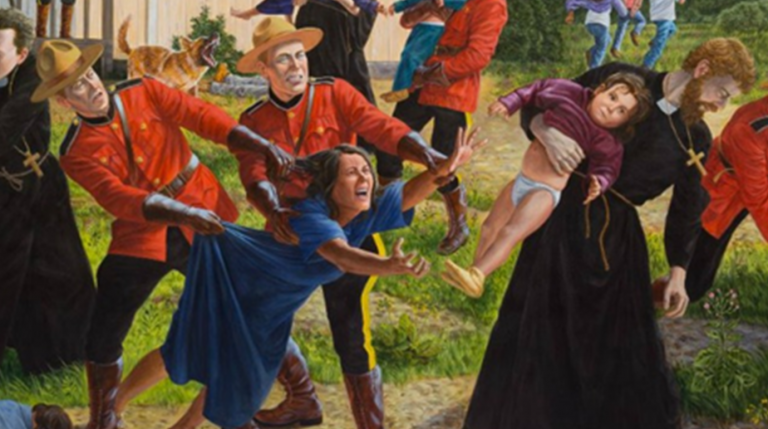
Mass grave at former Kamloops residential school exposes crimes of colonization
A mass grave containing the remains of 215 children, some as young as three years of age, was discovered at the end of May on the grounds of the former Kamloops Indian Residential School in British Columbia, Canada. The grisly discovery, the result of a search organized by the Tk’emlúps te Secwépemc First Nation using ground-penetrating radar, confirms what the survivors and families of victims of the residential school system have known for years—that many of the children forced into these schools never returned home. Read here
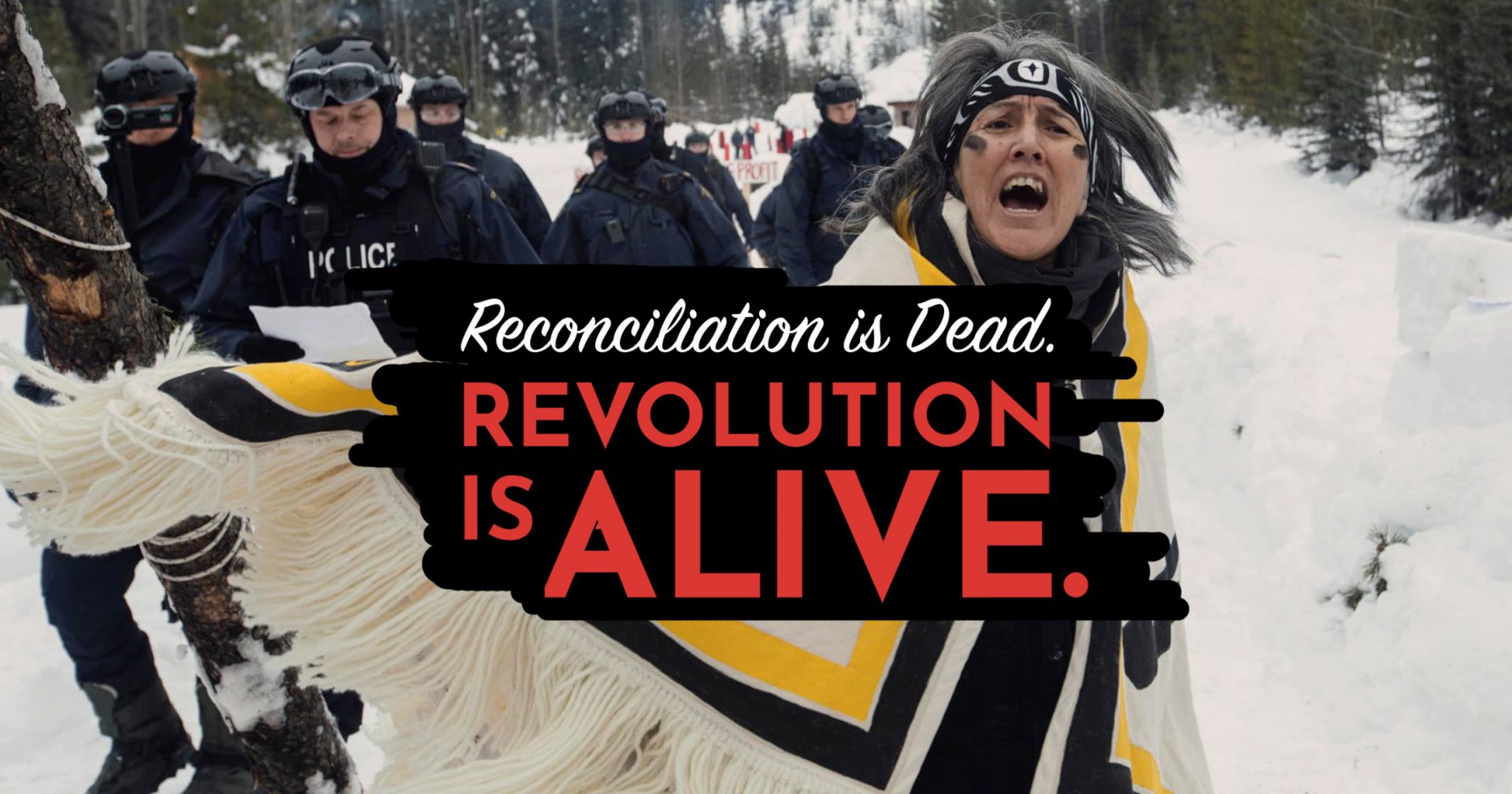
Solidarity with the Wet’suwet’en: Revolution, not reconciliation!
For the Wet’suwet’en, other Indigenous communities, and their allies it’s not just about questions of title and pipelines, but centuries of colonialism, subjugation, and genocide, as well as decades of austerity, growing poverty and inequality, the lack of jobs, unaffordable housing, and poor pay. Enough is enough – and after people saw the recent RCMP invasion of Wet’suwet’en lands, they had had enough. Read here
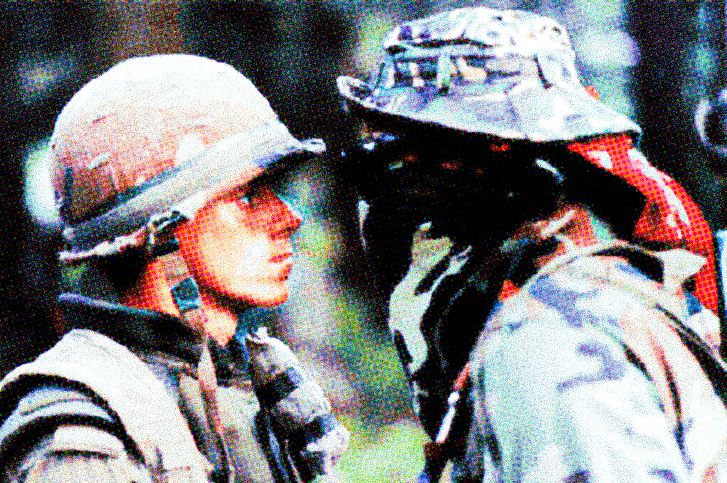
The 1990 Oka crisis: Lessons for today
Throughout the summer of 1990, a group of Mohawk activists formed blockades in protest of a golf course expansion which encroached on traditional lands around the town of Oka, Quebec. This led to a standoff with Quebec police and the Canadian military which lasted 78 days. This conflict, known as the Oka crisis, laid bare the true nature of the Canadian state and presents us with important lessons in the struggle against the oppression of Indigenous peoples today. Read here
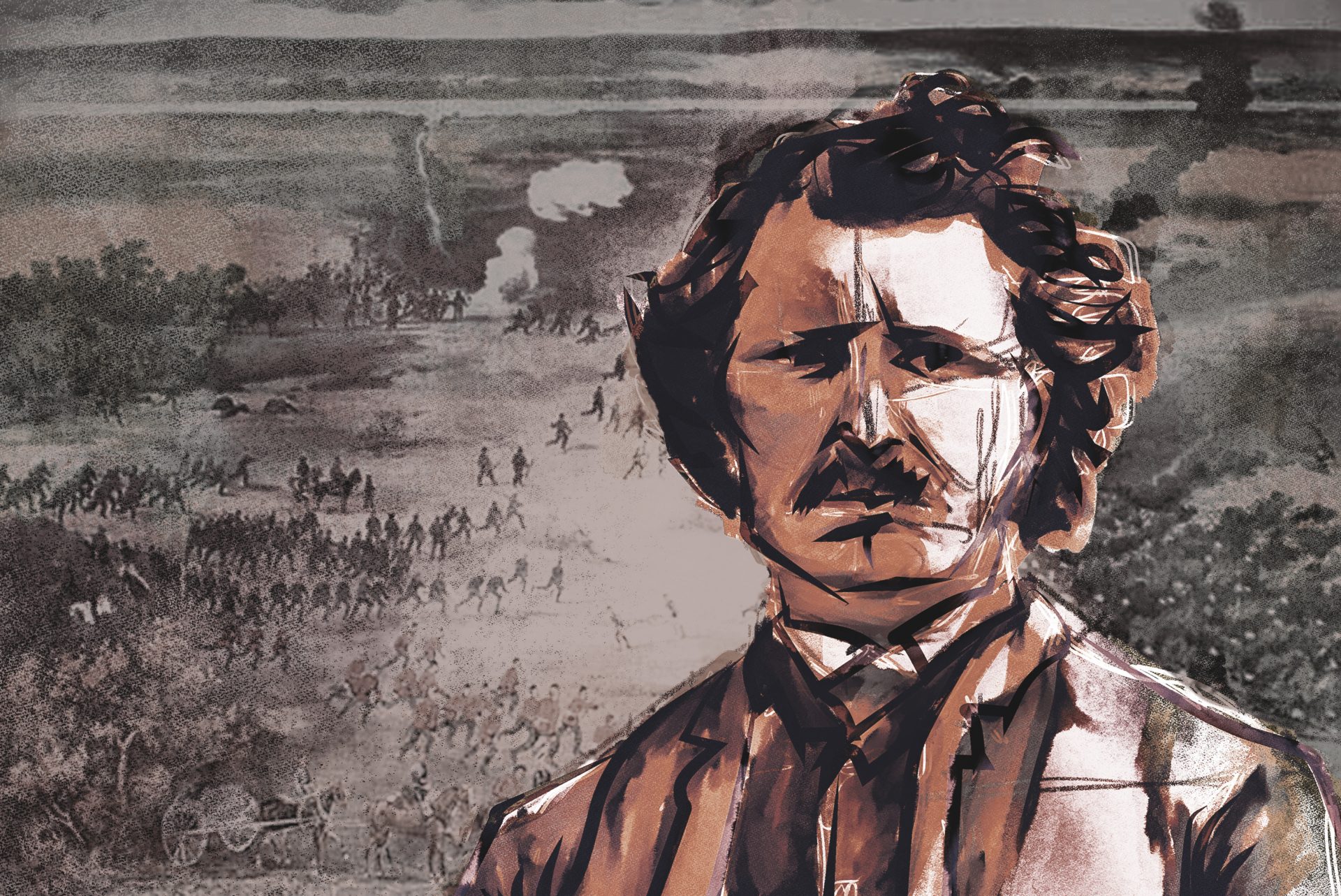
Louis Riel and the Métis Revolution
Official histories often portray Canada as a peaceful country where the path of compromise is preferred to the path of conflict. But this could not be further from the truth. In fact, revolutionary and counter-revolutionary events are at the heart of the foundation of Canada. And the struggle of the Métis, led by Louis Riel, is just one of these pivotal conflicts. Read here

